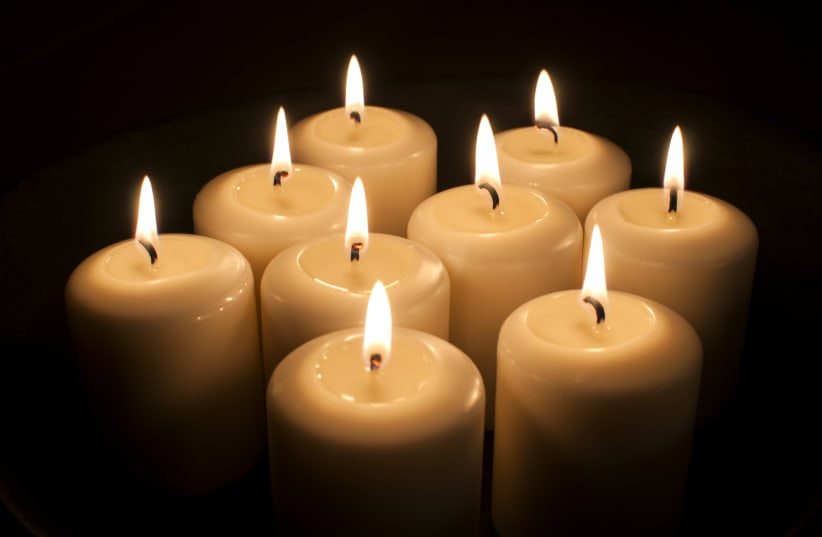Most Israelis don’t commemorate relatives lost in Holocaust
Shem VeNer called upon Jewish people around the world to light a candle on the eve of Holocaust Remembrance Day for a lost family member or simply for one of the millions of victims of the Holocaust.
